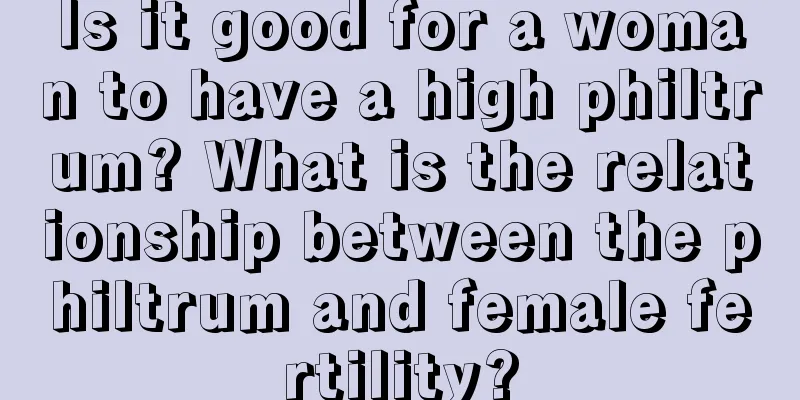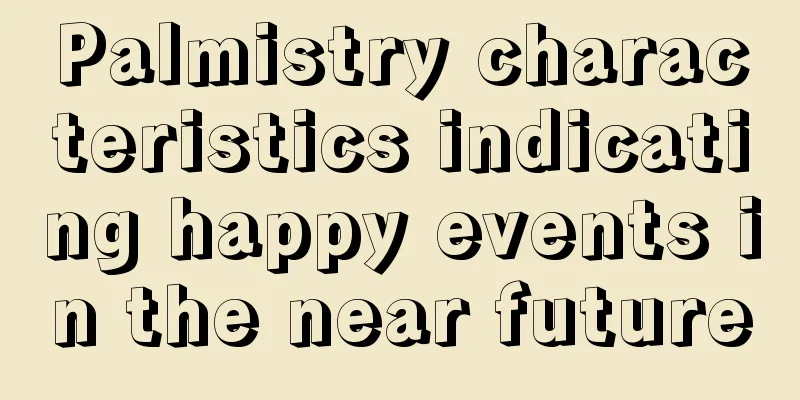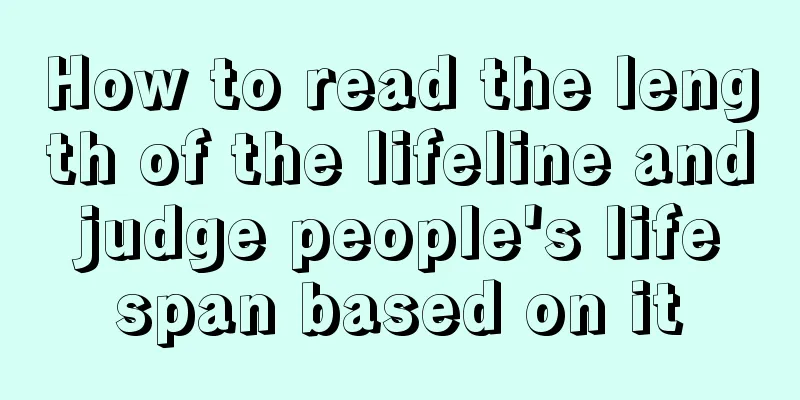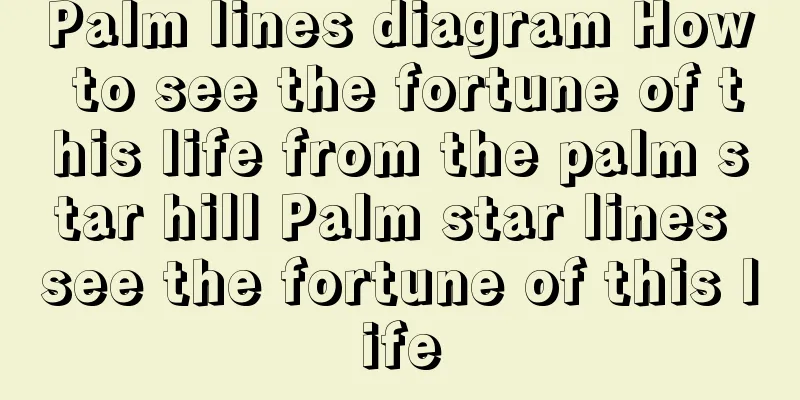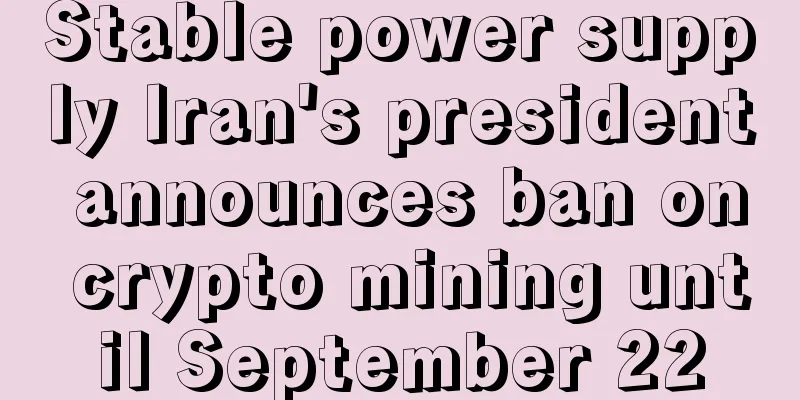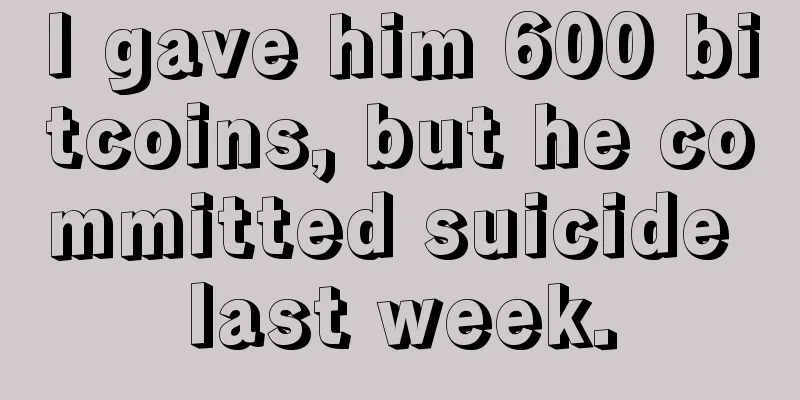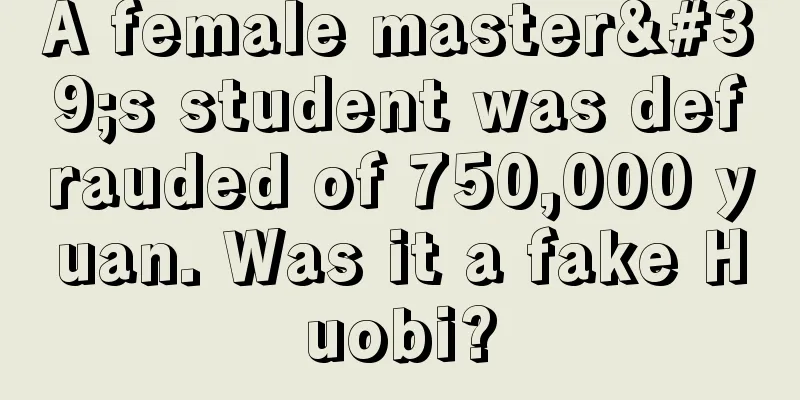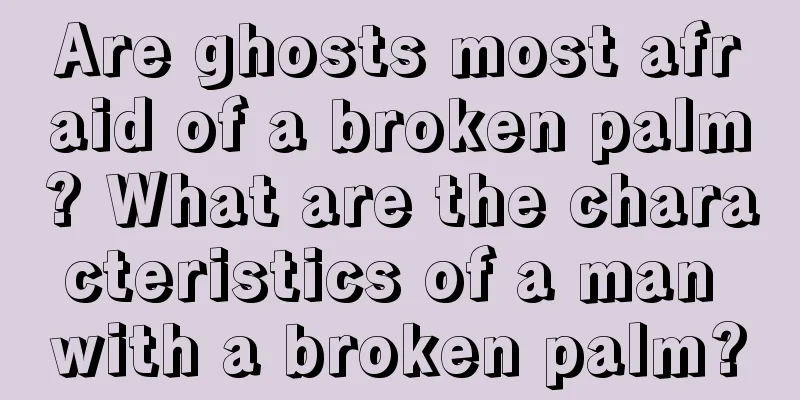Blockchain 3.0 (11): Blockchain learning reconstructs trust in charitable donations
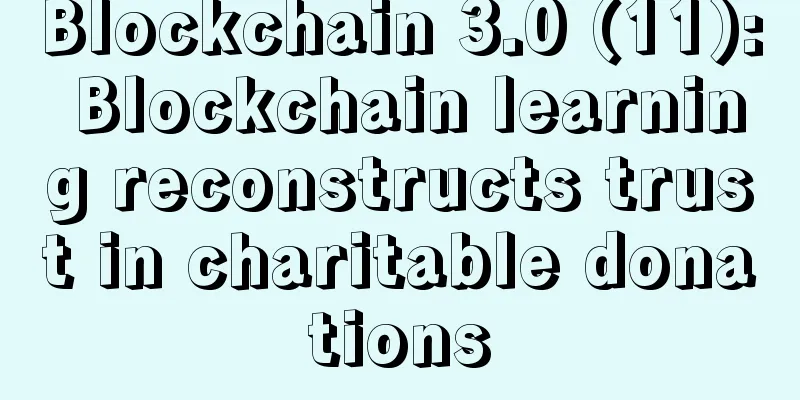
|
Article summary image: What are the current issues facing charitable donations?With the rapid economic growth, some people around me have accumulated considerable wealth, and with it the idea of giving back to society. However, faced with opaque charities and donation channels that are difficult to supervise and audit, they ultimately choose to give up large donations and can only choose small donations within their means. The drawbacks of traditional donation methods and the frequent exposure of scandals of embezzlement of charity funds have almost made everyone lose confidence. In an environment without any trust, unless the way of charitable donations is completely changed, many people will choose not to participate. The emergence of blockchain has allowed us to see the subversive revolution of charitable donations, which can help us rebuild trust. How does blockchain learning work?The idea of blockchain learning is this: Establish a decentralized smart learning contract between donors and learners: the contract includes proof of learner progress, automatic confirmation of completion of learning modules through standardized online tests, and automatic triggering of subsequent funds to be allocated to the next learning module after confirmation. There are some details involved: confirmation of learner identity (digital identity systems such as OneName or BitID will be used); community-approved tutorials, online question banks, etc. Advantages of blockchain learningLearning contracts can be conducted entirely in a peer-to-peer manner between donors and learners, and peer-to-peer donations avoid the risk of corruption among charities and channels. This is not only financial assistance, but also spiritual assistance based on personal development. The learning contract stipulates that only continuous progress can obtain follow-up funds, which is an incentive for learners; and for donors, it is gratifying to see that the funds can be used where they are really needed. Blockchain is decentralized, transparent, and globalized, giving us hope for a revolution in charitable donations. If blockchain learning and donations can be popularized, it will benefit many people and help those who really need help. |
<<: China Distributed Ledger Basic Protocol Alliance announced
>>: Barclays completes trial of trading derivatives using Corda blockchain technology
Recommend
This time, the game is going big. Let’s see the first cross-border cooperation between blockchain and “Journey to the West 2: The Demons Strike Back”
At 20:00 on December 14 , 2016 , Euro Crowdfundin...
4 types of bad men who even beat their wives
The face of a "bad man" you should neve...
BIP47 Bitcoin Payment Code: Invisible Bitcoin Address, Making Bitcoin Transactions Untraceable
Samourai Wallet developers officially launched th...
Judging from the facial features of a dishonest person
In today's life, honesty is one of the most i...
Instructions and precautions for using the power cords of Shemma M10, M20S, and M21S
1. Parameters of the official 16A power cord of S...
F2pool BFC (Bitfree Cash) Mining Tutorial
Bitcoin Free Cash (BFC for short) is a new crypto...
Filecoin Mining Investment Report
Summary The "Filecoin" mining investmen...
Internet pioneer Pindar Wong: Bitcoin creator should not be punished
Internet pioneer and VerFi chairman Pindar Wong d...
How to read palmistry for men
The distance between the three main lines in palm...
How to tell your fortune by looking at your nose
How to tell your fortune by looking at your nose ...
Moles that affect marriage and family revealed
The most important thing in interpersonal communi...
What happened to Canaan yesterday? (A copy of Bitmain? Not necessarily)
What happened to Jianan yesterday? The incident c...
What kind of face is suitable for a woman who will be happy if she marries late?
People's ideas have changed a lot. Many peopl...
Is it good or bad for the index finger and middle finger to be the same length? What does it mean?
Is it good for the index finger and middle finger...

